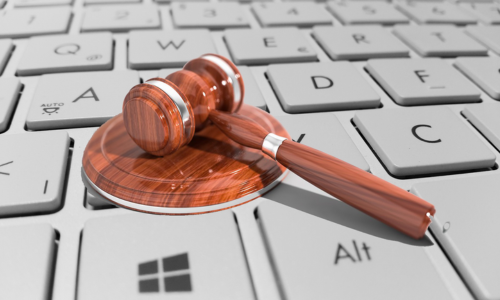In 2025, the mental health crisis among teens continues to intensify—and social media is at the center of the conversation. Platforms like TikTok and Instagram have become inseparable from teen life, offering both connection and complication. As states across the U.S. begin taking action to limit teen access to these platforms, it’s more important than ever to understand how social media affects young minds.
Recent data from the Pew Research Center show that while teens report feeling more connected through social media, many also admit it contributes to anxiety, depression, and poor self-esteem. With the return of TikTok after attempted bans, experts warn of the platform’s uniquely addictive, short-form content—and its damaging effects on adolescents’ attention spans and emotional regulation.
Social Development & Isolation
Adolescence is a time for building identity and interpersonal skills. But excessive screen time is shifting this critical development from in-person interactions to curated virtual experiences. This digital-first socializing can limit empathy, reduces face-to-face confidence, and stunts emotional maturity. Teens may “connect” more often—but feel lonelier than ever.
Online Bullying & Harmful Content
The unfiltered nature of platforms like Instagram and TikTok means that teens are regularly exposed to cyberbullying, unrealistic beauty standards, and content that glorifies risky behaviors. A Hopkins Medicine report highlights how repeated exposure to harmful content can trigger or worsen depressive symptoms, particularly in young girls.

Addiction & Dopamine Loops
The strategic design of social media fosters compulsive use. Teens spend 3–6 hours a day scrolling—often late at night—disrupting sleep and reducing time for physical activity and academic performance. This dopamine-driven feedback loop of likes, shares, and algorithm-driven content creates an addictive cycle that’s difficult to break.
The Role of Political Discourse
In today’s hyper-polarized climate, social media can also expose teens to hostile political rhetoric. This adds to emotional overwhelm, encourages black-and-white thinking, and discourages healthy debate. For some, especially those with pre-existing mental health vulnerabilities, constant exposure to divisive content can increase feelings of helplessness and anxiety.
What Are States Doing?
Several states are now proposing or enacting laws to regulate teen access to social media, such as requiring parental consent or setting screen-time limits. These legislative efforts reflect a growing recognition that unrestricted social media access has become a dangerous public health concern.

How TMS Can Help
For teens aged 15–21 who are struggling with depression and haven’t found relief through traditional treatments, Transcranial Magnetic Stimulation (TMS) offers hope. FDA-approved for adolescent use, TMS is a non-invasive, drug-free option that targets specific areas of the brain associated with mood regulation. It has shown promise in reducing symptoms of major depressive disorder—without the side effects of medication.
Learn more about our TMS treatment, explore frequently asked questions, or take our self-assessment quiz to see if TMS may be a good fit for your child.
If you’re concerned about your teen’s mental health, contact us today to schedule a consultation with Dr. Albert at The Center for Brain Stimulation in Wilmington, NC. We’re here to help.

